Everyone has a right to clean air, drinkable water, and a healthy environment. Yet many communities in Minnesota – both rural and urban – are denied these basic protections. CURE is dedicated to fighting pollution that harms certain communities more than others, especially rural low-income, Indigenous and tribal communities, and communities of color. We work to build environmental justice solidarity across greater Minnesota, the Twin Cities, and beyond because we believe that rural and urban residents must stand together to address the regulatory lapses and power imbalances that allow polluting facilities to concentrate in overburdened communities.
CURE is a part of the Rise + Repair Alliance
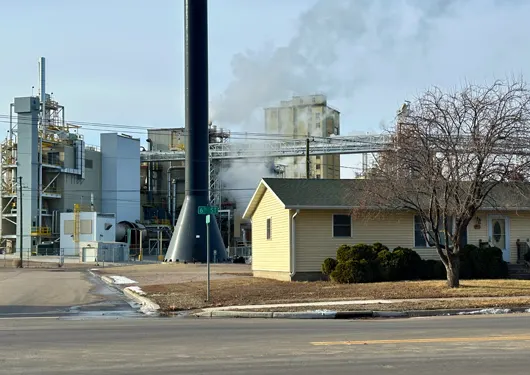
Cumulative Impacts
CURE was a part of the coalition that helped pass the Frontline Communities Protection Act. This groundbreaking law makes the Minnesota Pollution Control Agency look at how much pollution is already in a neighborhood before granting a permit to a new industrial facility. Right now, this law considering the “cumulative impacts” of a facility only applies to certain urban areas in Minnesota and on reservation land, but CURE knows that many rural areas also have a lot of pollution in their land, water, and air. Today, CURE is working to ensure that the Frontline Communities Protection Act is implemented to the strongest possible standards while exploring how we can address the issue of cumulative pollution impacts across all of Minnesota.
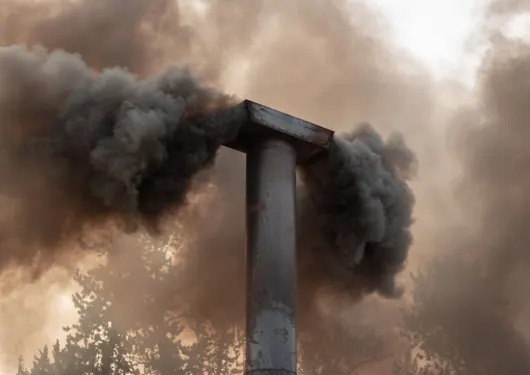
Anti-Incinerator
Minnesota is the state that has the third-highest number of operating incinerators. Incinerators are facilities where garbage is burned to make energy, but it’s very expensive, toxic, and bad for the climate. Since 2023, CURE has joined the growing movement against so-called “waste-to-energy” facilities that by and large are located in low-income neighborhoods and communities of color. We focus on areas in Greater Minnesota that have these incinerators. We oppose incineration at the regulatory level and help people understand why relying on incineration is a problem.
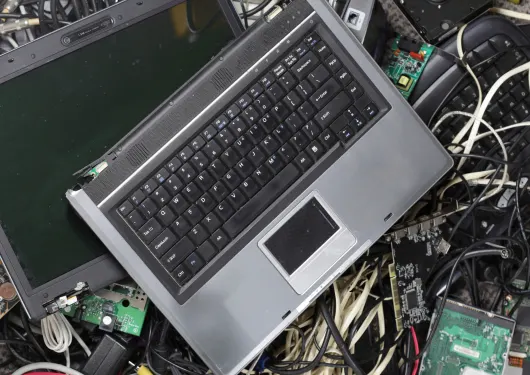
E-Waste
Electronic waste, or e-waste, is the fastest growing type of trash. People throw away more phones, TVs, computers, and other gadgets every year. E-waste has a lot of harmful materials like lead, which can pollute the air and water if not disposed of properly. Recycling e-waste is crucial. Only 20% is recycled, wasting valuable materials like copper, palladium, and gold. In Minnesota, there aren’t many places to recycle e-waste, especially outside big cities. These places often charge fees, which can be hard for some people to afford. Throwing e-waste in regular trash is bad for the environment and the economy. CURE is working with others to push for laws that support00% e-waste recycling.
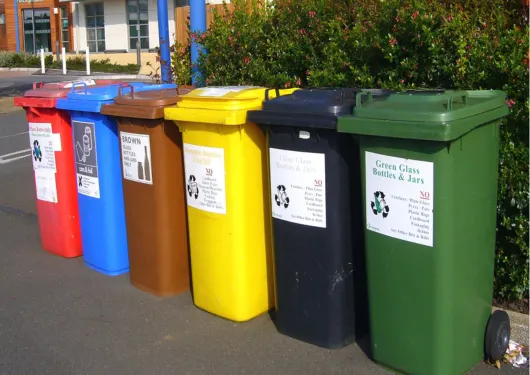
Zero Waste Policy
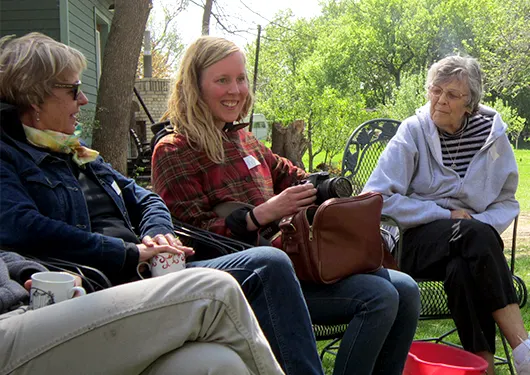
Rural Climate Stories
We share stories about how climate change affects Rural Minnesota, from crop yields and home insurance rates to air quality and mental health. We advocate for climate policy that brings substantial benefits to our rural communities, including investments in essential infrastructure like reliable energy and transportation. Policymakers must recognize that real progress hinges on rural participation, and rural voices must speak up so they aren’t left behind. Our goal is to show that addressing climate issues and supporting vibrant rural life go hand in hand.

